This morning I cleaned the bathroom. The mirror had become smudged.
I also fed the cat.
In a letter written to a friend in the 1930s, Samuel Beckett expressed dismay that a poem he had written was facultatif, or optional.
I am struck by the resonance this has for me, how I feel exactly that sense sometimes about what I do and write.
My practice can be seen as that: to come closer and closer to what is, nothing extra, nothing lacking, nothing facultatif.
But what is it? And who?
Layman Pang was once asked the quintessential Zen question about the meaning of Bodhidharma’s coming from the West. He replied, Does anyone remember it?


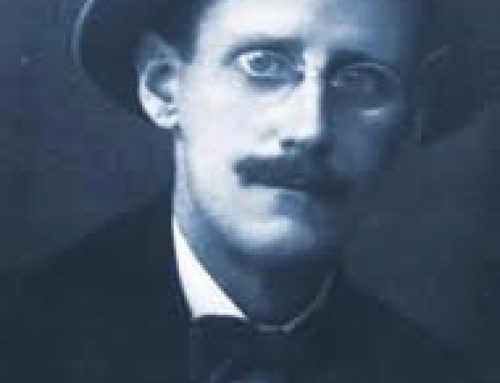
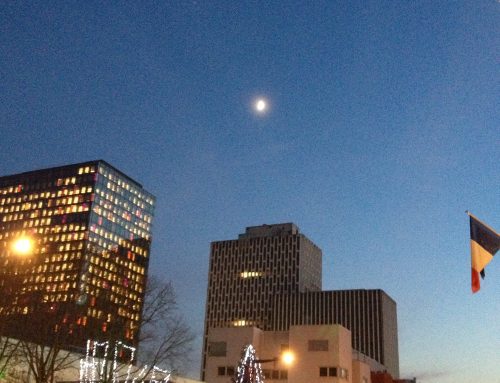
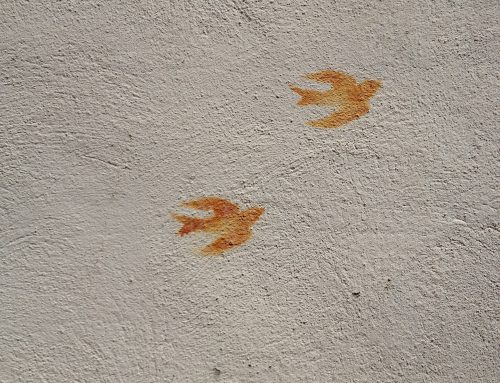
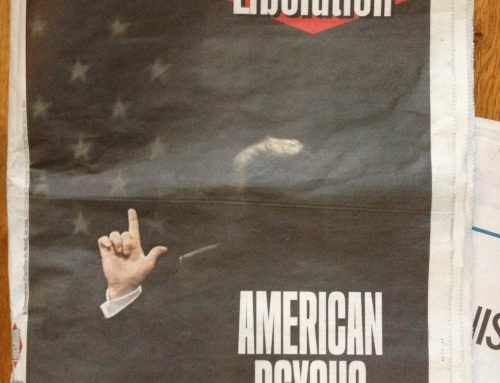
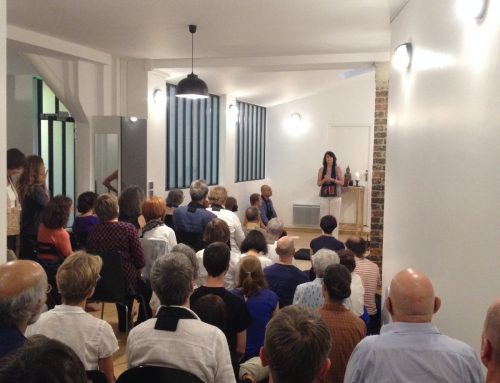
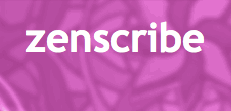





no.
there is just recognizing.
stop
I happened to buy an old print of a secondhand book called New seeds of contemplation by Thomas Merton. On the first pages is noted in handwriting:
20 january 1985
joan-
time
has no self
but the self we give it-
some thoughts as a chisel
to help carve
a piece of peace
from the chaos
that is life
experienced
by apprentices
to the master sculptor
happy birthday
peace
and
love
joe –
needless to say i will never meet joan and joe in real life- but
as for the poetry of our little rencontre..
assume it is war.
and you can save one thing only.
you have to choose between one of the best paintings by Vermeer and a anonymous person.
what do you choose?
in the action of writing, painting, touching we can be realy present in the moment.
closer dan close.
the poem, the painting, as a solid result could be pointed at as facultatif.
For the essence is about the presence/proces from moment to moment – not about the solid result.
so the writing of the poem can be the real tao
the cutting of the carrots can be the real tao
– but the poem itself is not.
That is what i feel Beckett ment.
It is about the process – not the result.
we all are eternity –
we don’t have to write or paint or sculpt anything for it
the tao that is written is not the real tao
neither is the painted or sculped one.
what will be closer?
when you make a poem of your loved one ?
when you paint your loved one ?
when you touch your loved one ?
Less is a concept wedded to more.
Exactly. when we are "there".
But since we’re mostly not – some things are more direct than others.
the immediacy of things can open…
"closer and closer"
more naked !
" …we, with our dressed souls…"
free translated Pessoa
Ha, yes.
Extremes touching.
Present moment and eternity.
Weddings and funerals.
And what can I say without using concepts?
Warm evening-tea is waiting.
"I" perhaps thinks of "I" as optional (or not optional), but the nature of all things is neither optional nor not optional.
What is the present moment? What is my cup? What is a dying person? Who touches and drinks and thinks?
Less is a concept wedded to more.
Poetry leads us to eternity, to “our continuous being" ?
Right now my cup of coffee leads me to the present moment.
I take my book of “Japanese Death Poems” from the shelf and I read:
A tune of non-being
Filling the void:
Spring sun
Snow whiteness
Bright clouds
Clear wind.
(Daido Ichi’I, died in 1370 age seventy-nine)
My practice can be seen as that, to come closer and closer to the “facultatif”nature of all things, closer to realizing how “facultatif” I am…
I didn’t mean to point to the utilitarian – to the function –
i just mean some processes are much more direct –
some processes are more conceptual.
ex.
like touching someone who’s dying is less conceptual then writing this text.
ex.
doing tai chi is less concptual then writing this text. In fact in the best case it is not conceptual at all. But there is no best case. There is just practice. In a moment…
I like poetry a lot. The bodylanguage of words and sentences – the rythms- the accents – in relation to what is said…
Poetry is not "facultatif"; calling it "facultatif," however, is "facultatif."
Poetry is not utilitarian, and so of course from a materialist point of view, it is optional.
Poetry, as Bataille wrote citing Rimbaud, quite simply leads us to eternity. What can be called our "continuous being." Where sun and sea are one.
It seems like Samuel Beckett was too hard on himself.
A poem is a poem.
Compared to hills and dales, compared to bread and cheese, poems will always be kind of facultative.
But I must admit that – even though I never put much energy in reading English poetry – I can reproduce at any time one line from a poem I forgot.
“In the street of the sky, light walks scattering poems.”
When I was a teenager, that sentence struck me as absolutely true and to the point.
Not optional at all.
Chinese monks use to paint as a practice i have been told.
But maybe the most direct practice is palliative care. It would be interesting to integrate as a practice at a certain point – i often think.
And martial arts – next to sitting
Everything can be a practice: I ones saw someone cutting carots…
Every form (of practice) in the essence has no form, no?
The same for drawing, painting, photography – all reflexions on…
in art we talk about reality-degrees :
ex ;J. Kosuth; a chair, a photograph of a chair, the word chair.
They are different in their ‘conceptueal level’? one a little less categorical then the other.
We want ‘to pervade’ into life in this funny way.
But it is ok – it is our way. and everything comes from something.
ex Giacometti.
We can see this ever changing – not to grasp presence on real life level wherever we are.
Why would we make a work of art? Since everything is there allready?
To me coming closer is not even close enough…
while totaly not in touch is ok to – for it is – real
when we look long enough – everything is the same, yet different.